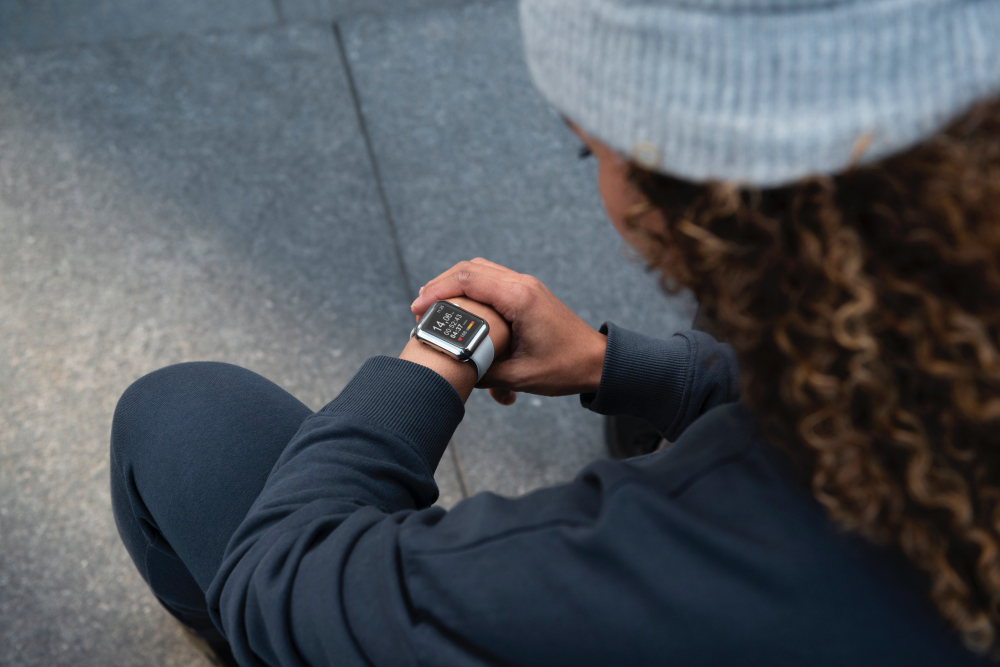Study Reveals The Cities in America Most Prepared to Walk 1,000 Extra Steps for Mental Health: A little movement can go a long way – especially when it comes to your mood. A new study published in JAMA Network Open reveals that walking just 1,000 extra steps a day can slash your risk of depression by nearly 9%. It’s been dubbed the “1,000 Steps Study,” and its message is refreshingly simple: when it comes to mental health, even small steps count.
But are Americans ready to lace up and take those steps?

To find out, BetterNurse.org, a nursing career and education platform, surveyed 3,012 respondents to see who’s most willing to take on those extra strides – and what’s standing in their way. The results? Some cities are more walk-happy than others.
Top 10 Cities Most Willing to Walk 1,000 Extra Steps Daily:
1. Post Falls, Idaho
2. Dayton, Nevada
3. Plano, Texas
4. Bella Vista, Arkansas
5. Paragould, Arkansas
6. Loveland, Colorado
7. Norwalk, Connecticut
8. Newark, Delaware
9. St. Pete Beach, Florida
10. Marion, Iowa
Infographic showing top 150 cities committed to walking for mental health
What’s stopping us?
While many respondents were game to get moving, obstacles remain – and no, it’s not just the weather.
- Lack of motivation took the top spot (29%), proving once again that the hardest part of exercise is starting.
- Physical limitations (20%) and time constraints (22%) were also major hurdles.
- Weather (19%) trailed close behind – because who wants to power-walk through a blizzard or a heatwave?
- Meanwhile, 10% of respondents proudly stated that nothing was stopping them.
What gets us going?
As for what would motivate people to walk those extra steps, two answers tied for the top spot: weight loss and rewards programs, each selected by 29% of respondents. In other words, if walking came with a slimmer waist or free stuff, we’d be all over it. Encouragingly, 21% said improved mental health would be motivation enough, while others said they’d be more likely to move their feet if it involved social interaction (11%) or fitness tracking challenges (10%). Turns out a little camaraderie – or competition – can work wonders.
Knowledge gap?
When asked if they knew that walking could reduce depression risk, 66% said yes, but a surprising 34% said no. For a low-cost, side-effect-free mental health tool, that’s a gap worth closing.
Where we walk
When it comes to settings, it turns out America has a strong “walk local” mentality:
- Neighborhoods were the top choice (37%), followed by nature trails (24%) and parks (20%).
- Only 10% preferred the treadmill, and a mere 4% opted for the mall, proving that not everyone wants to power-walk past pretzels and perfume counters.
- A stoic 5% said they simply don’t walk at all.
Walking personalities
Finally, the survey explored walking styles – or as we like to call them, walking personalities. The most common type was the social stroller (31%), someone who walks for conversation as much as for cardio. Close behind were destination-focused walkers (28%), who treat each outing like a mission. Power walkers – brisk, determined, possibly in neon — made up 19% of the group. Others took a more leisurely pace: meanderers (13%) go with the flow, while reluctant amblers (8%)… well, they’d rather be doing just about anything else.
“Walking isn’t just about burning calories – it’s about clearing your mind, lifting your mood, and creating space for better health,” says Chermae Anobling at BetterNurse.org. “This survey shows that while time and motivation can be hurdles, the will is there. If we make walking more accessible, social, and rewarding, those extra 1,000 steps can become second nature.”

